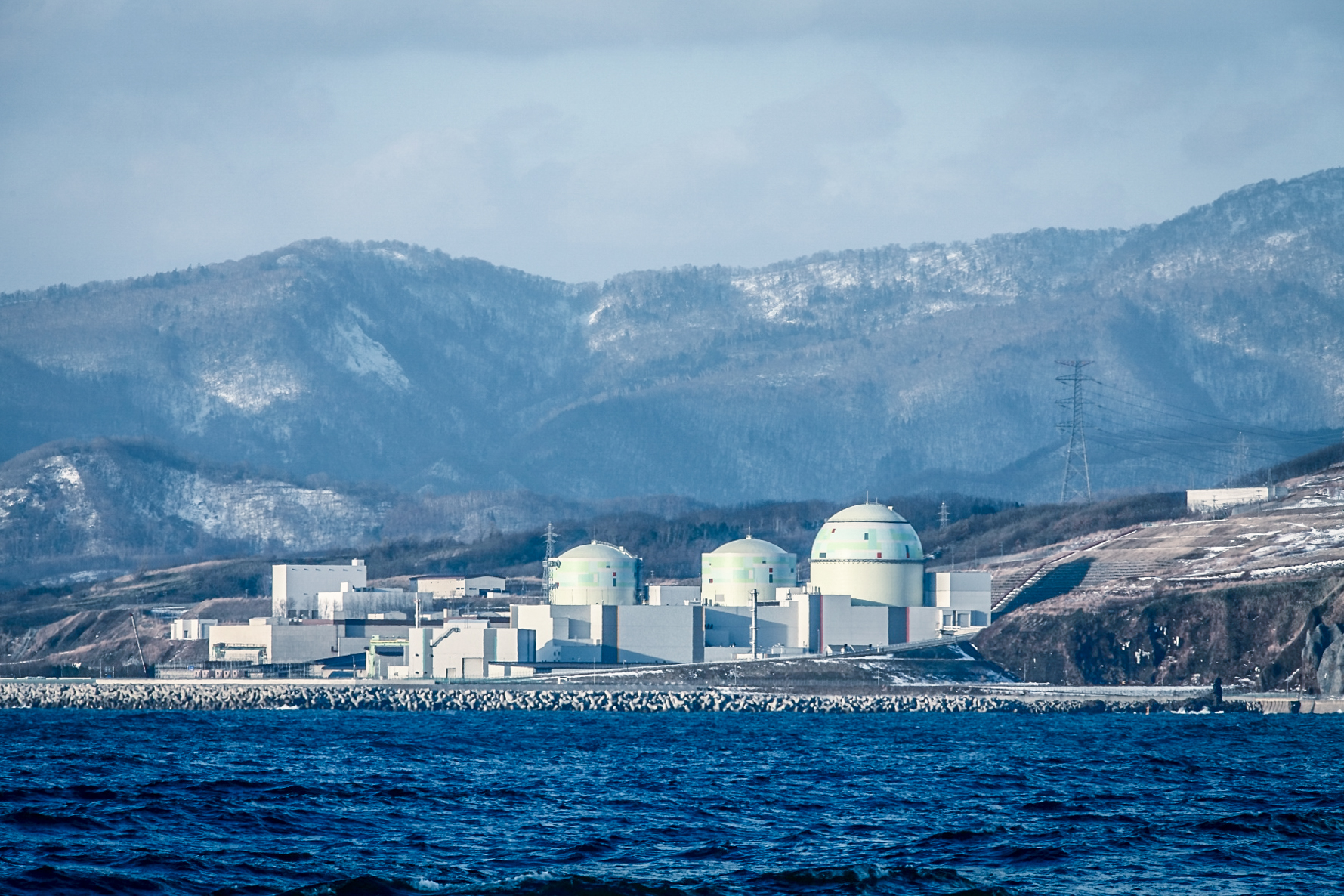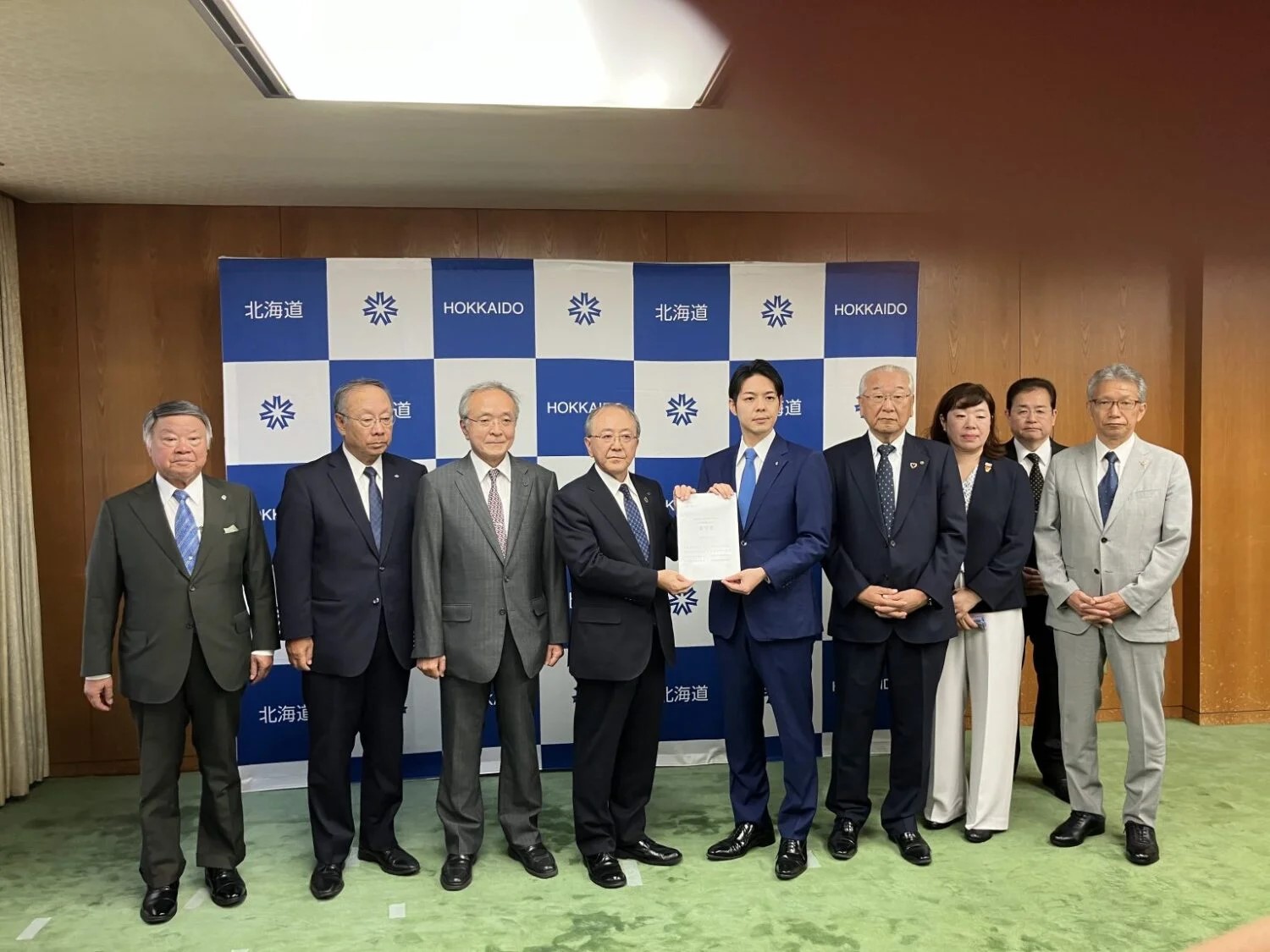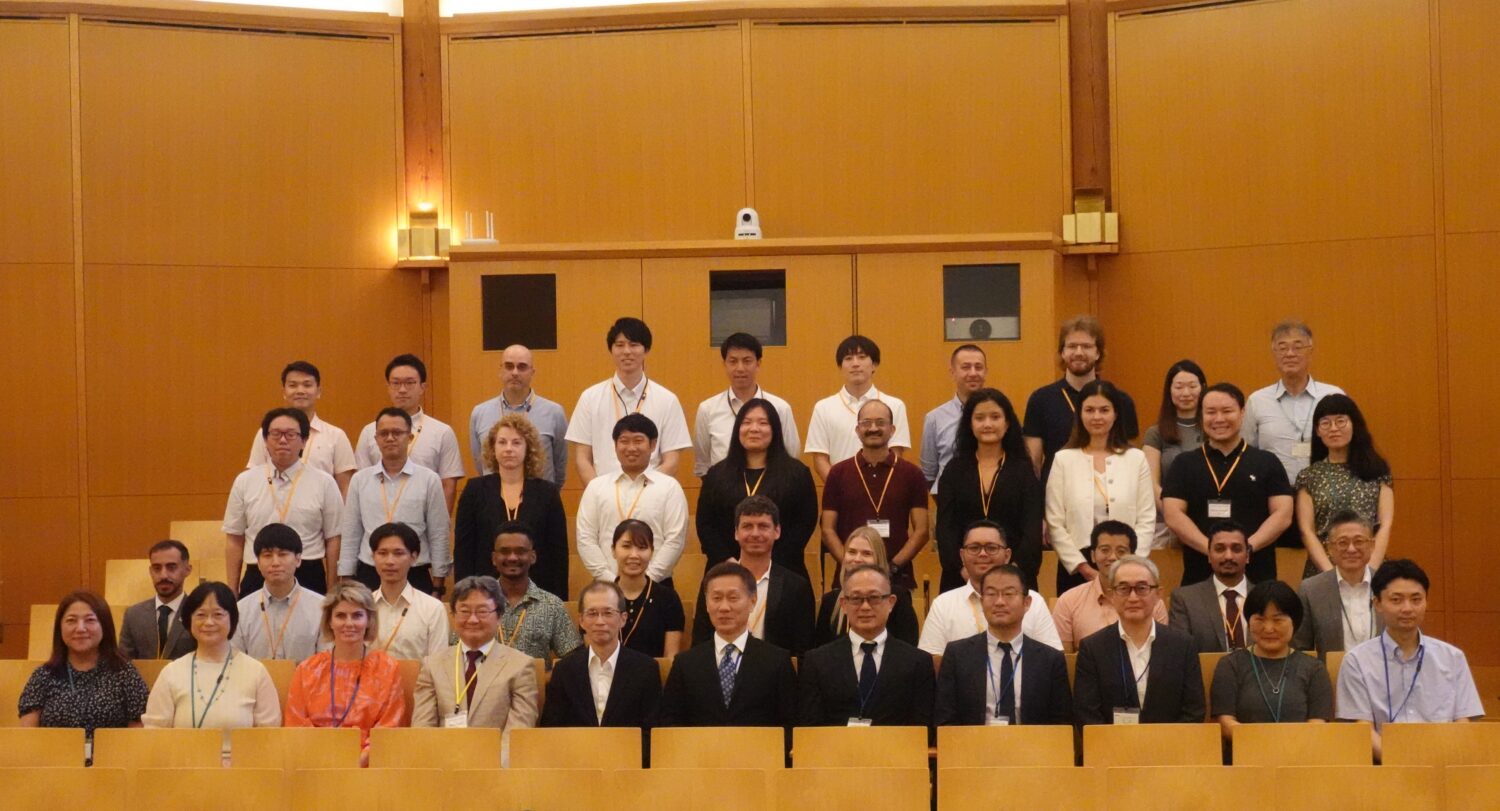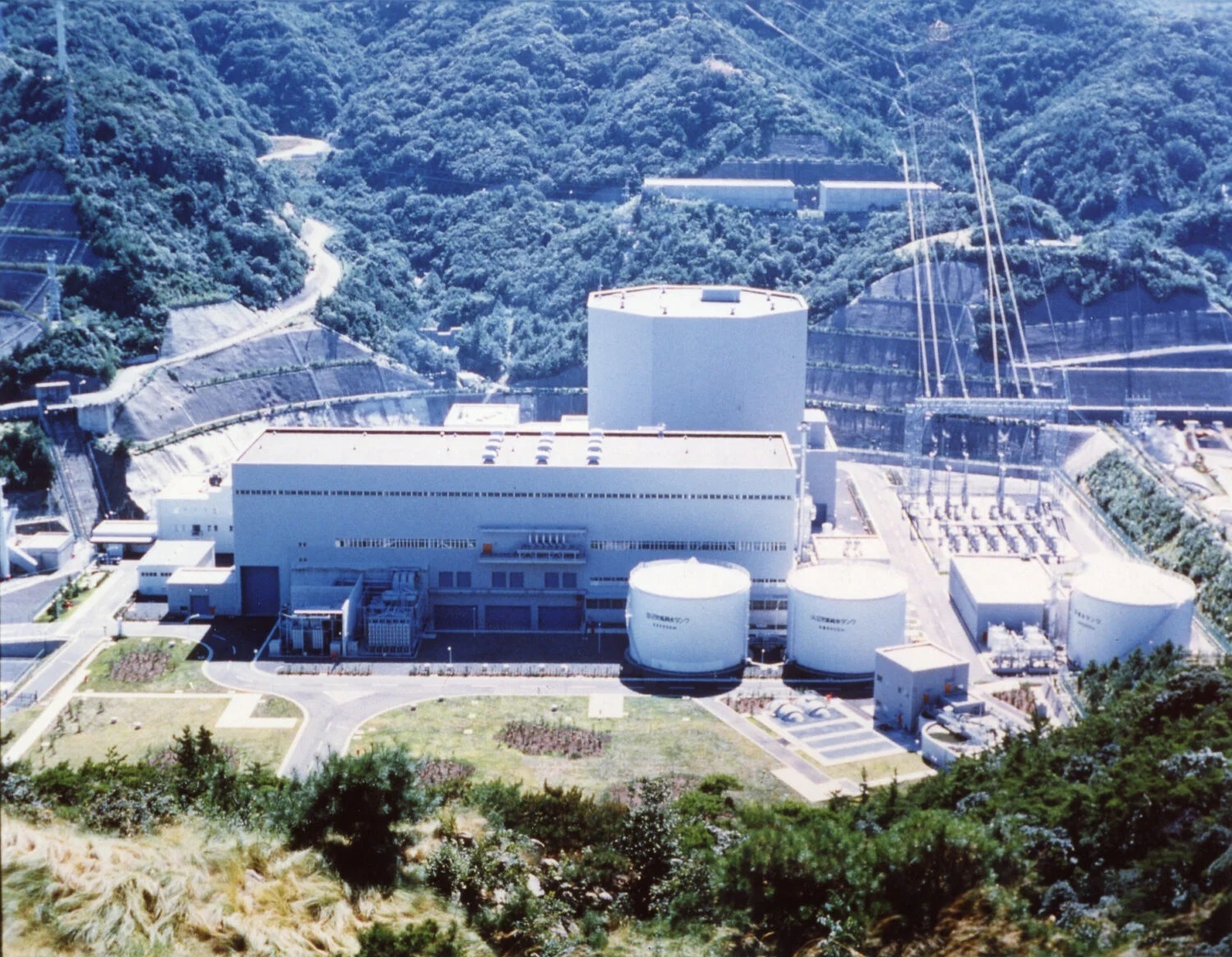Director-General Magwood emphasized that the presence of “skillful, powerful regulatory authorities” is essential, with nuclear energy being reevaluated and newly employed around the world. An issue in the global regulatory arena is thus ensuring an adequate level of excellent regulatory personnel.
In terms of decision making by a regulatory authority, he said that public confidence can be obtained by maintaining transparency and “presenting principles that are crystal-clear to anyone.” He then urged regulators to be critical of themselves as well.
Praising the initial responses by the Japanese regulatory authority after the accident at TEPCO’s Fukushima Daiichi, because “they were dealing with an urgent crisis, and reasonable,” the director-general said that the crisis had now been overcome. He said that it was time to review the approach itself, including regulatory responses.
He said that the regulatory authority needs an attitude of accepting innovation, and urged it to “greedily” adopt state-of-the-art technology, including AI, with the top priority on safety, seeking reasonable, practical safety improvement. Although he couched it as his personal opinion, he said that he thought that decision-making by the regulatory authority would be seen as precedent and be referred to in the future.
Saying that global cooperation among regulatory authorities would result in better regulation, he called for communications among them.
Next, Executive Vice-President and Chief Regulatory Operations Officer Ramzi Jammal of the Canadian Nuclear Safety Commission (CNSC) talked about examples of regulation in Canada.
The methodology, he said, was flexible and always ready to cope with changes in the industry. What is most valued in regulation, he asserted, was not taking “unreasonable measures” to prevent risks. Simply shutting down a reactor is an easy answer, he said, but may be unnecessary and unreasonable; instead, diverse risk information is analyzed before a response is decided. That kind of attitude (approach), he said, is only be possible if the regulatory authority has the appropriate capability.
The next person to speak was Mr. Robert Campbell, who had worked at the Office for Nuclear Regulation (ONR) in the UK and elsewhere for more than 30 years. This was his first visit to Japan. He noted that “transparency in timescale” was essential in regulation, adding that it was key how promptly permission is given following receipt of an application.
He emphasized that “although such clarity is not mandated by laws or regulations, it is a necessary part of the service of a regulatory authority.” He went on to say that nuclear operators and regulatory authorities must engage continually in dialogue, and showed his recognition that a regulatory authority must always be conscious of how it is viewed externally.
In the subsequent question-and-answer session, MURAKAMI Tomoko, group manager of IEEJ’s Nuclear Energy Group, who served as moderator, asked the three presenters about the “balance between regulatory procedures and improving plant capacity factors.” All three affirmed that capacity factors were under the control of nuclear operators and that regulatory authorities had nothing to do with them.
In response to a question from the floor on whether the regulatory authority ought to consider the stability of electricity supply, the three again agreed that while the regulatory authority is not responsible for supply, “a good regulator must grasp what is happening and where. And if a problem does not require immediate suspension of operation of an NPP, the authority may respond appropriately to the issue” (Magwood). Also, “regulatory authorities must not forget that the goal is the people’s well-being and must apply a graded approach” (Jamal).
Responding to a direct question about what “reasonable regulation” meant, both Magwood and Jamal said that nuclear power plants (NPPs) should be operated at a sufficiently high, above-minimum, safety level, and that what is reasonable or not is a judgment of balance.
In contrast, Campbell defined “reasonable” as requiring “no excessive costs.” He termed it “ridiculous“ to spend a huge amount of money to reduce an already low risk—one already deemed acceptable—by a further minor degree.
He then referred specifically to circumstances in Japan, saying, “(The government and operators) want to restart NPPs. But suspensions for 12 years have been senseless. It’s like starting over. Not only is there a shortage of human resources, but a lot of other problems are expected, and it may not be possible to convince the regulatory authority. Rather than dealing with all the problems involved in restarting those old NPPs, it would obviously be more reasonable to replace them with advanced reactors integrating the latest knowledge and expertise.”


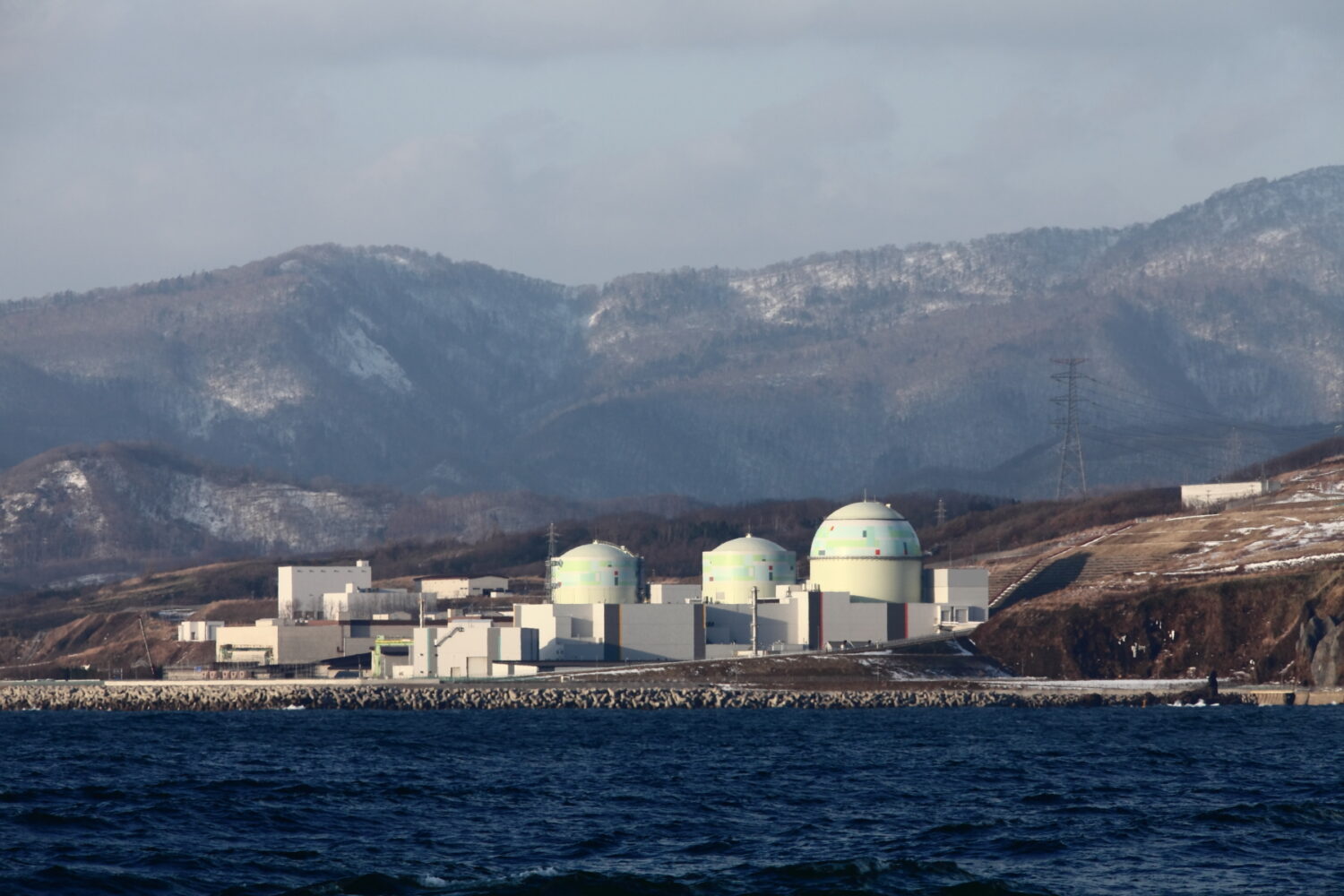
-049.jpg)
.jpg)

